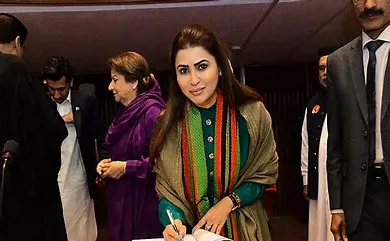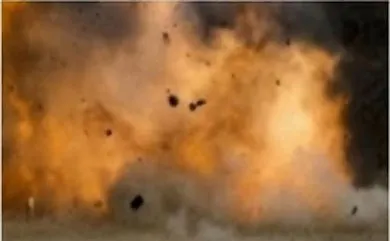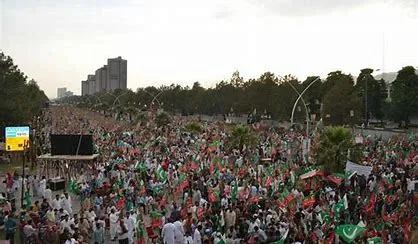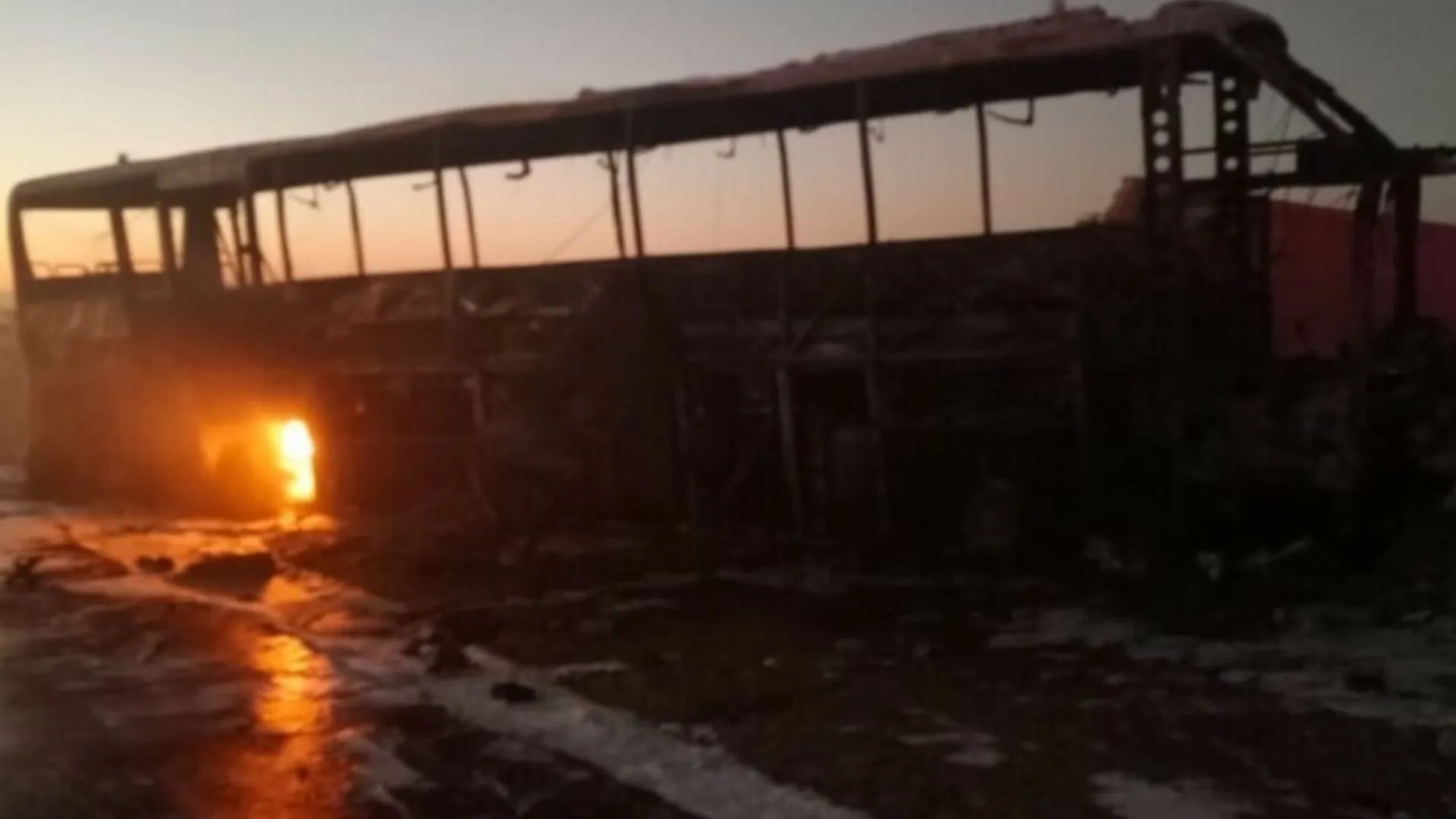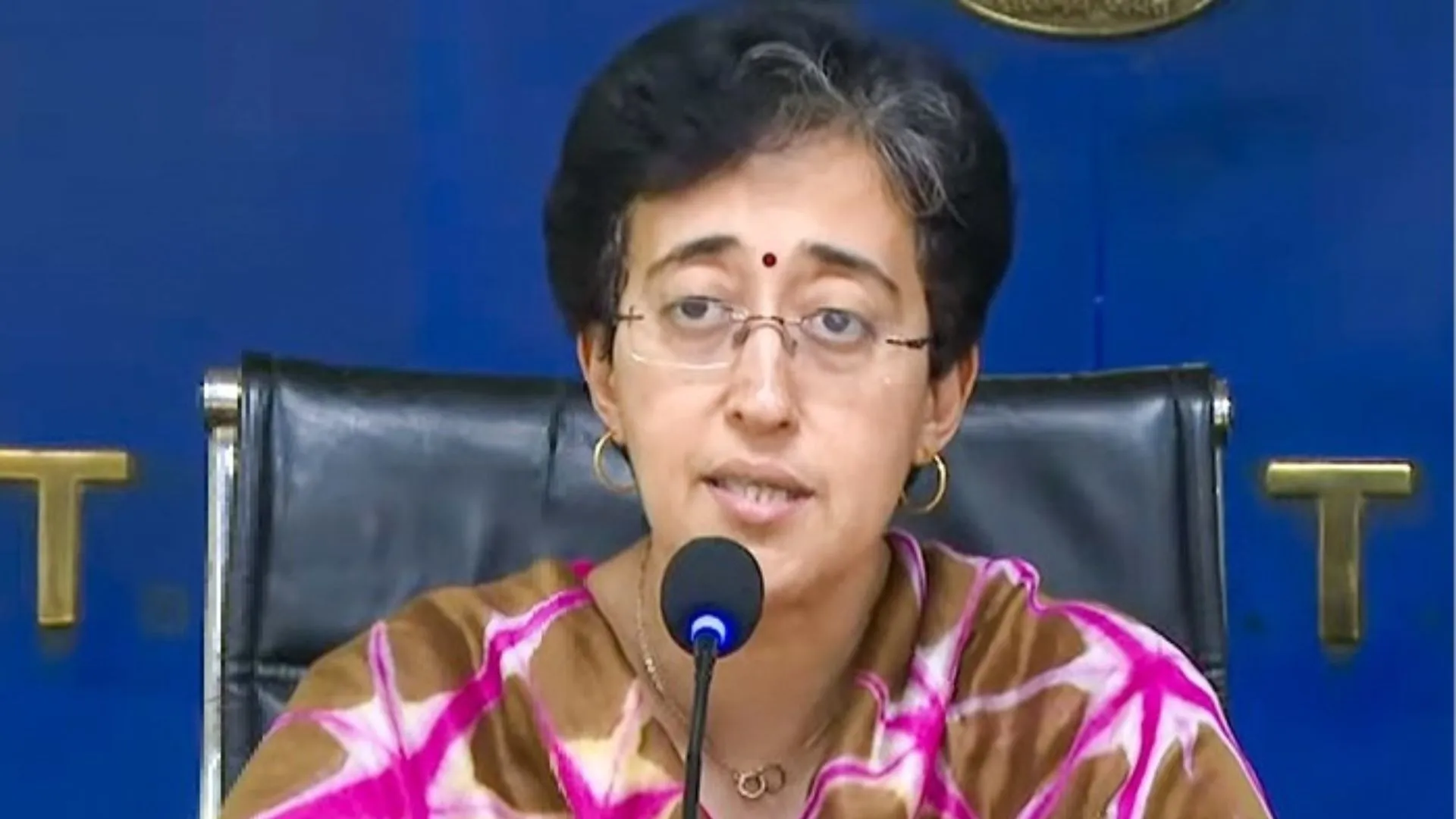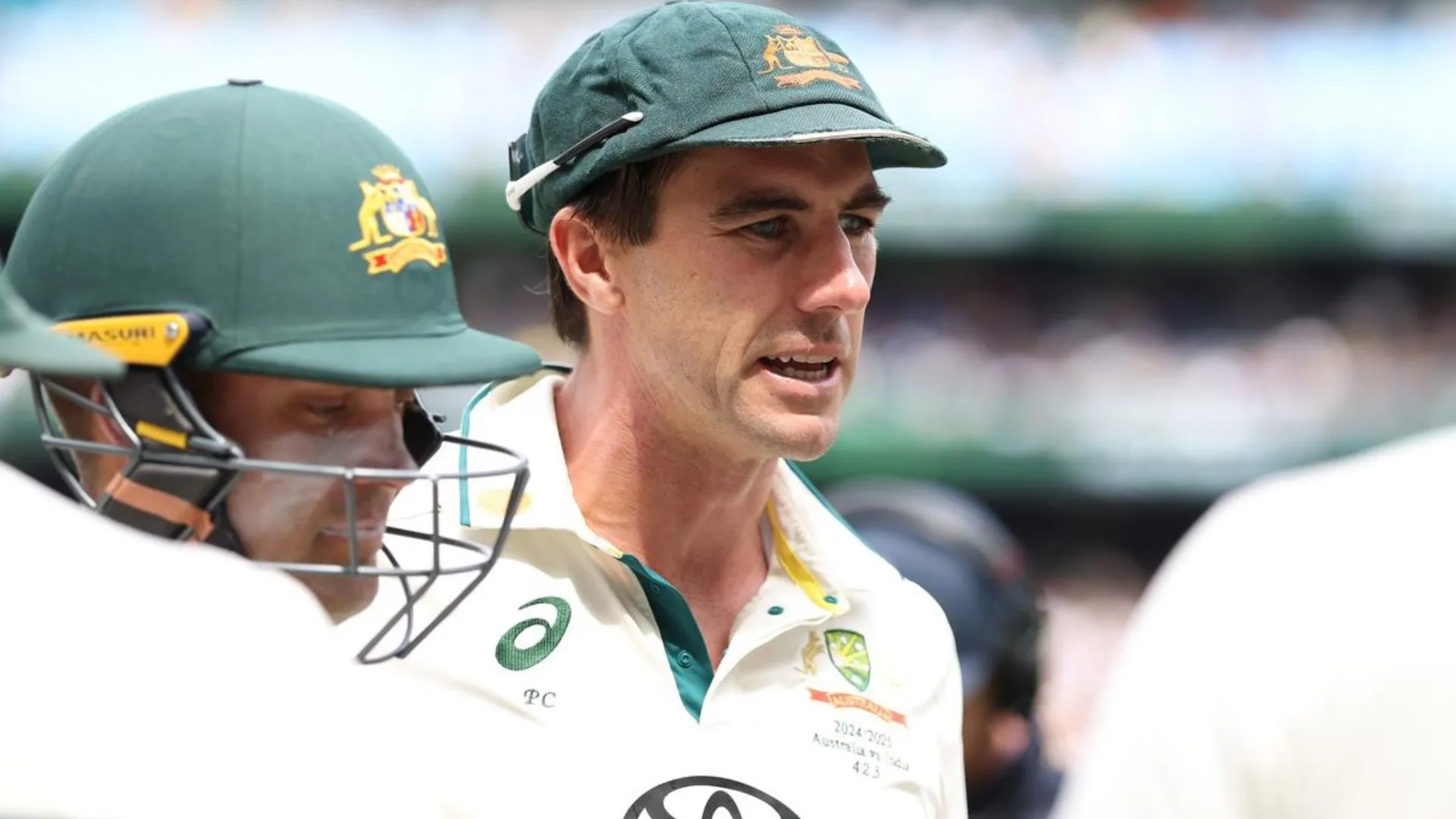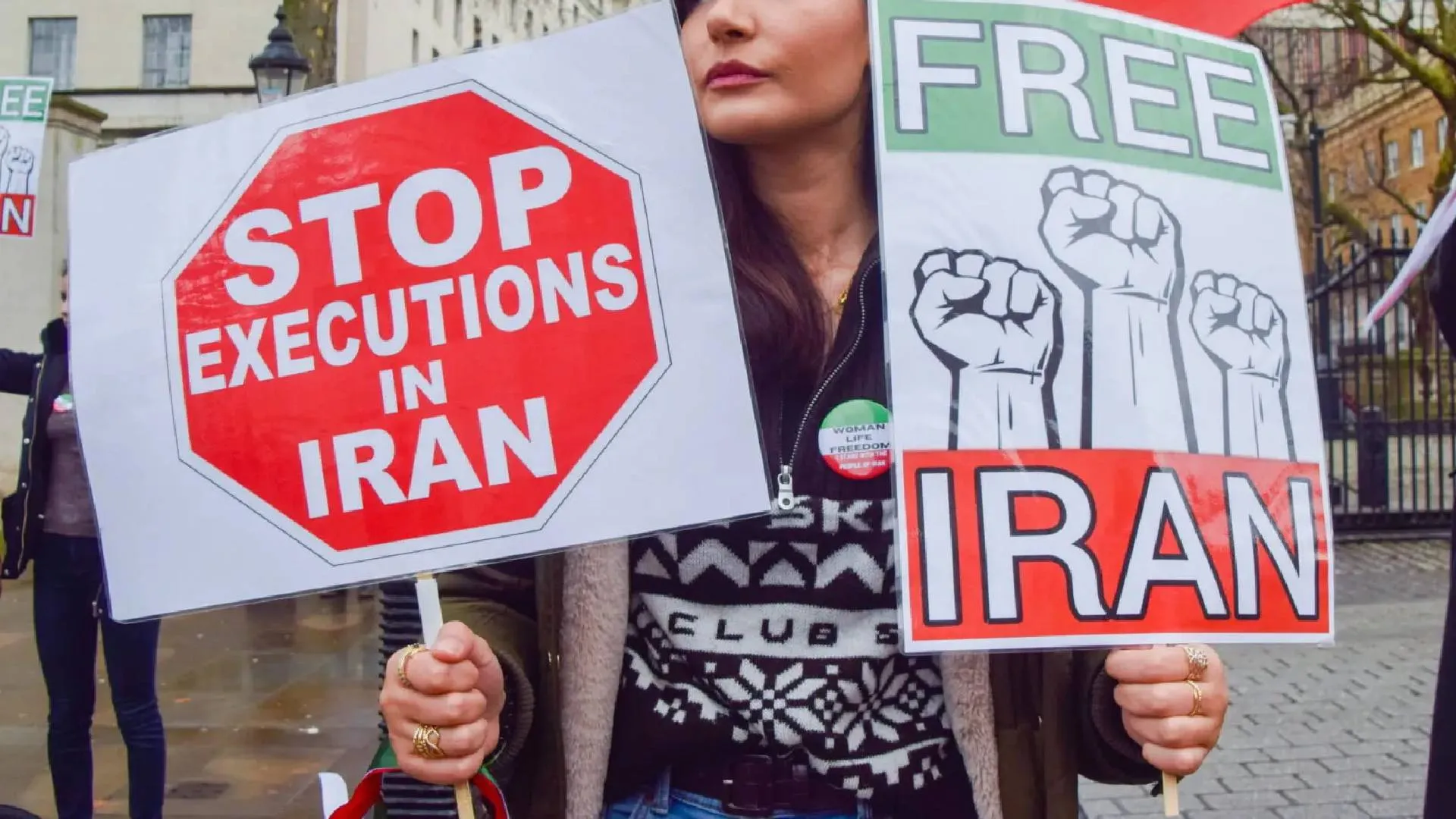Last year, Volodymyr Prysiazhniuk had a quarrel with his father-in-law, Yuriy, while both were drunk. Prysiazhniuk, who had consumed a litre of beer, punched Yuriy twice in the head, causing the older man to fall and die. In court, Prysiazhniuk admitted his guilt, stated he had called an ambulance and was sentenced to eight years for manslaughter.
Prysiazhniuk had resigned himself to a lengthy prison term. However, in June, he walked out of penal colony number 67 in Sokyriany, western Ukraine, and boarded a bus with other inmates. They left the Soviet-era jail for a military camp in the southeast of the country. Prysiazhniuk is one of 3,800 inmates released early under a new scheme aimed at addressing recruitment shortfalls in Ukraine’s armed forces. Due to the intense demands of the ongoing conflict, the government in Kyiv passed legislation in May allowing convicts to volunteer for the army.
Rapists, mass murderers, and those guilty of national security crimes are ineligible for the scheme. Military units are now competing to attract suitable prisoners, with 5,900 expressing interest, though some were rejected for health reasons. Prysiazhniuk signed up after representatives from the first separate assault battalion visited his colony.
Prysiazhniuk described his decision to join the battalion as positive, noting the respect and warmth he received. He acknowledged the significant casualty rates, with 31,000 Ukrainian soldiers officially reported killed since 2022, though the actual number is believed to be higher. He expressed a stoic attitude towards the risks of combat.
The first group of 58 prisoners arrived at the battalion’s training base in the Zaporizhzhia region a month ago. They live in a camouflaged outdoor camp, with basic infantry training, including skills in creeping through undergrowth, avoiding enemy surveillance, and operating automatic weapons.
One recruit, Vladyslav Vasyliev, joined the battalion three years into a five-year sentence for theft. He emphasized his commitment and desire to make his family proud. Under the scheme, convicts’ sentences are erased after a year, but they must continue fighting indefinitely. They are not entitled to the biannual 15-day leave regular soldiers receive, though good behavior may be rewarded with marital visits. Desertion results in an additional five to ten years in jail.
Not all family members are supportive. Prysiazhniuk’s wife, Boghdana, stopped speaking to him, fearing he might not return. Despite initial attempts to enlist when Russia invaded, Prysiazhniuk was not accepted at that time. He expressed disdain for Russian President Vladimir Putin.
Russia has also recruited prisoners for its military, signing up about 100,000 people, many joining the Wagner mercenary group. The Ukrainian battalion spokesperson, Oleksii Dukh, criticized Russia’s tactics, emphasizing Ukraine’s more humane approach to prison volunteers.
Instructor Denis Kravchenko highlighted the need for better PR and higher salaries to address Ukraine’s recruitment issues. Convicts receive a standard army wage, with additional pay for frontline service. Training focuses on modern warfare tactics, including the use of drones and long-range tank fire.
Some recruits, such as Yevhenii Kostohryz, an ex-firefighter imprisoned for drug offences, bring useful skills to the battalion. Despite the high casualty rates, the recruits are motivated by a desire to defend their country and families. Vasyliev articulated a shared sentiment among the recruits, emphasizing the existential threat posed by Russia and the collective effort needed to resist it.




